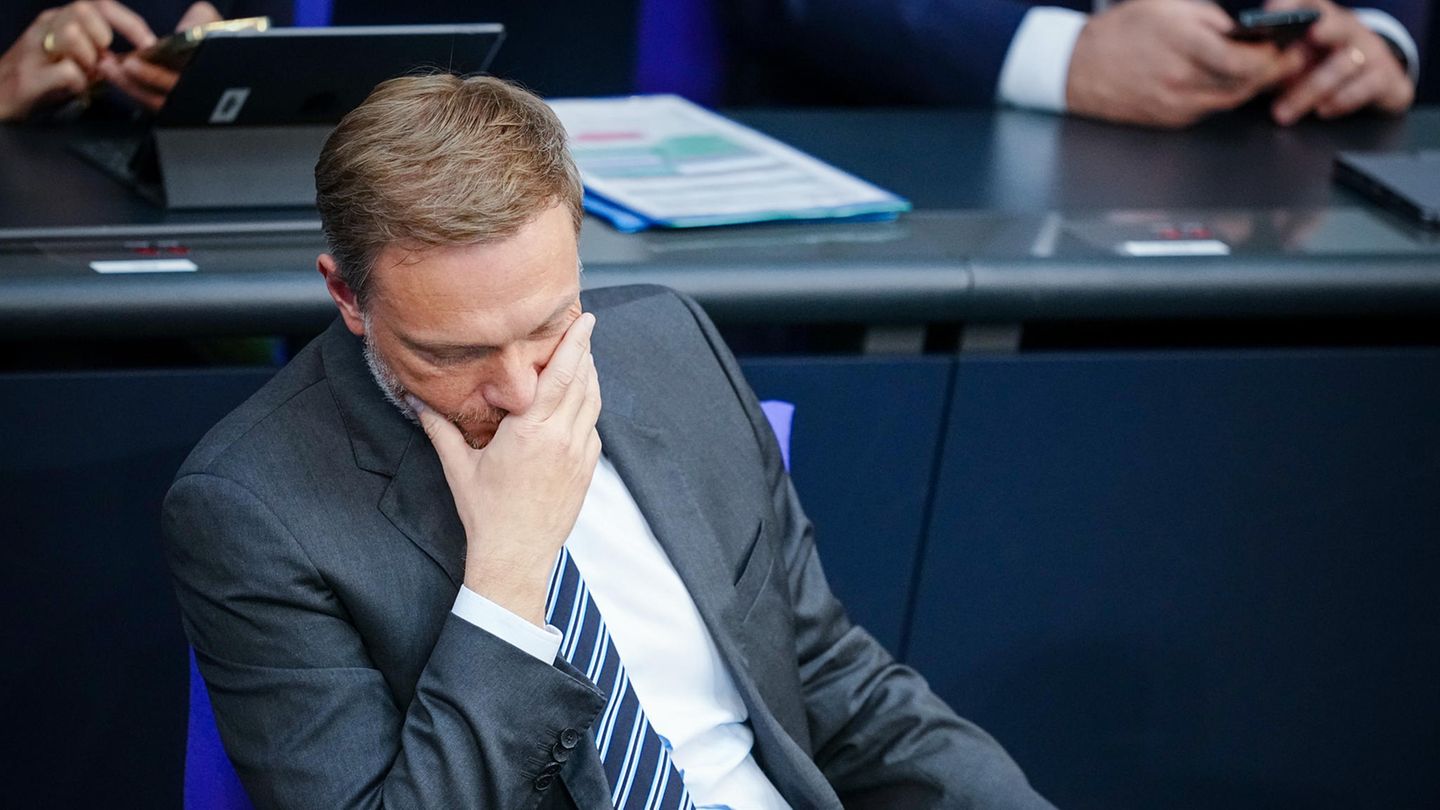There will be no exemption from VAT on the gas surcharge in Germany. This was confirmed by the EU Commission in Brussels. For Finance Minister Christian Lindner (FDP), this is a rebuff and bad news for gas customers.
For consumers in Germany there will be no exemption from VAT on the gas surcharge. The EU Commission confirmed on Tuesday in Brussels that a cancellation of the tax is not possible, contrary to what the federal government had hoped. According to its own statements, the Commission is working together with Berlin on a solution regarding VAT.
The amount of the state levy is 2.4 cents per kilowatt hour – without VAT
Federal Finance Minister Christian Lindner (FDP) had asked for an exception at EU level. The gas levy represents an additional burden for consumers, which would be exacerbated by a VAT levy, argued Lindner. However, a spokesman for the EU Commission made it clear: “There is no way to exclude this type of levy.” The EU VAT Directive was only recently reformed to that effect. At the same time, he emphasized: “We are in contact with the German government to find solutions that would benefit consumers and have the same effect on them.” It was initially unclear what options there are and when the Brussels authority wants to comment on them.
“We share Germany’s desire that this measure will not have any unintended tax consequences,” said the Commission spokesman. The reform of the EU Value Added Tax Directive passed unanimously by the EU states last year prescribes a minimum rate of 15 percent. In many cases, however, reduced rates of at least five percent are possible.
In order to support gas importers, customers in Germany will have to pay significantly more for their gas from autumn. From October, 90 percent of these additional costs are to be reimbursed. The costs for this are distributed to all gas customers by means of a surcharge. The amount of the state surcharge will be 2.419 cents per kilowatt hour without VAT, as announced by Trading Hub Europe, a joint venture of the gas transmission system operators in Germany, on Monday in Ratingen.
Value-added tax on the gas levy means higher costs
For a one-person household with an annual consumption of 5000 kilowatt hours, the levy without VAT means annual additional costs of around 121 euros. With it would be around 144 euros. For a family household with an annual consumption of 20,000 kilowatt hours, the additional costs are around 484 euros per year. If VAT is added, it is 576 euros.
Tax policy in the EU is primarily a matter for the countries, but there are framework conditions that everyone must implement. The regular VAT rate must be at least 15 percent, the reduced rate at least 5 percent. In Germany, a higher rate of 19 percent and a reduced rate of 7 percent apply. Since the beginning of April, according to EU rules, complete VAT exemptions have only been possible in certain areas such as food and other goods to cover basic needs – but not in the case of energy.
Source: Stern
David William is a talented author who has made a name for himself in the world of writing. He is a professional author who writes on a wide range of topics, from general interest to opinion news. David is currently working as a writer at 24 hours worlds where he brings his unique perspective and in-depth research to his articles, making them both informative and engaging.




